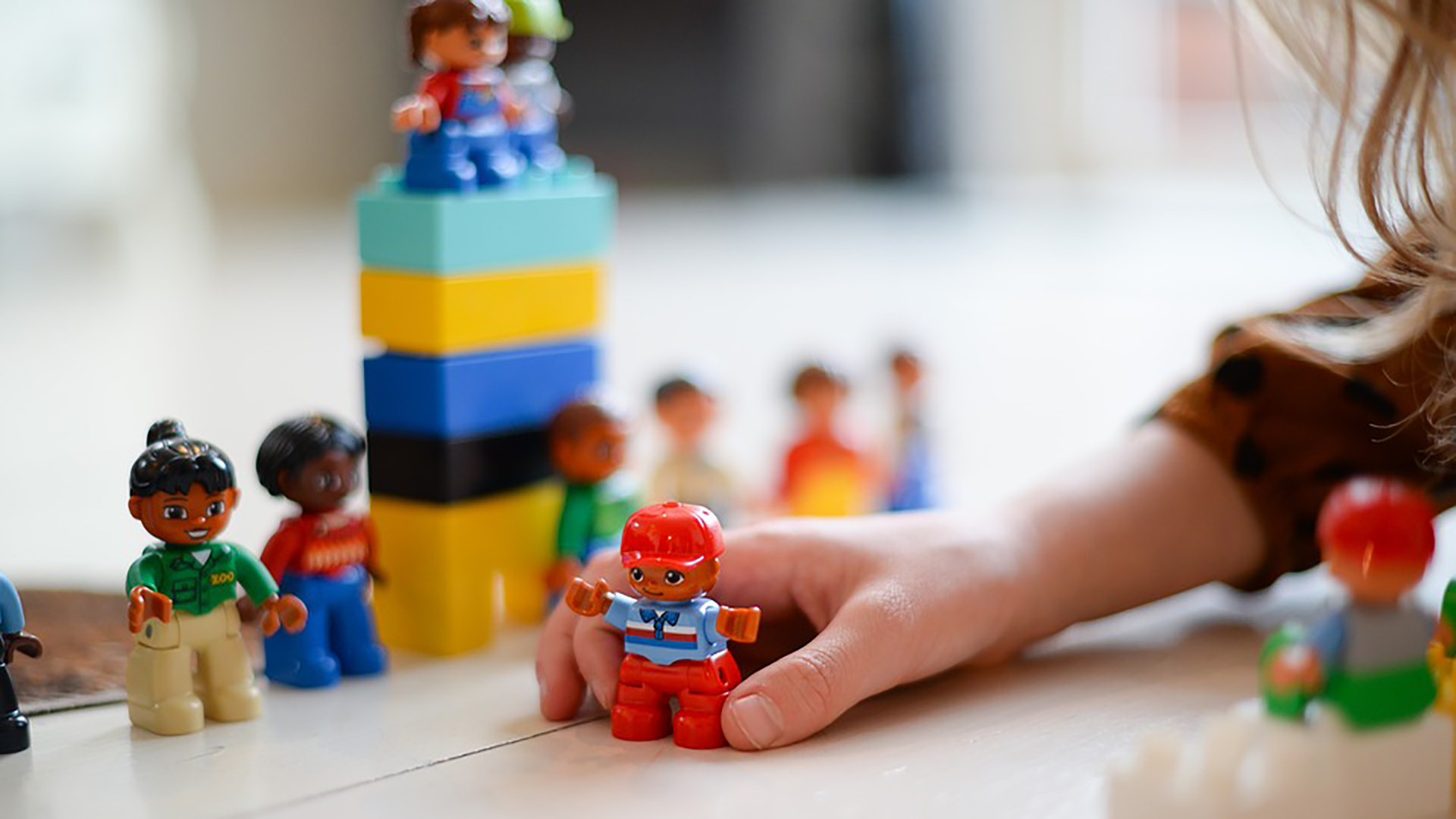“We have a heavily segregated labour market where just eight per cent of STEM apprentices are women,” Smethers said. “Gender stereotyping is at the root of all of this. We have to grasp the challenge to change it.”
In the report, evidence showed that gender is “taught” across society, with new parents reinforcing a gendered world through toys, language and room furnishings.
And as early as four or five months, parents give female infants toys they do not make available to boys, like dolls.
Children tend to be aware of gender by the time they are two years old, and by age six they associate intelligence with being male. They tend to link ‘niceness’ with women and girls.
Smethers added: “This isn’t a trivial issue about who wears pink or blue, gender stereotypes are harmful. But the evidence is clear, the wiring in our brains is soft not hard. We can challenge attitudes and change lives, but we must wake up to the harm that gender stereotypes are doing to all of us and the price that we are paying for it.”
A majority of the under-35s surveyed for the report agreed that gender stereotypes have adverse effects on school subject choices, career paths and beliefs surrounding care duties.
The WISE Campaign, an organisation fighting to abolish stereotypes and encourage more women and girls into STEM careers, said it is exactly these experiences which discourage girls from pursuing work in science or engineering.
The campaigners devised a game for girls aged 11-19 to help them find female role models working in these roles – because there is a distinct lack of them in the media. “It’s so important that we are aware of our biases and how that affects young people, their subject choices and then their careers in the future,” a spokesperson said.
The perception of care and early years education roles being for women has also proven persistent, with men making up just two per cent of primary school teachers in the UK.
Campaigners Let Toys Be Toys lobby against the gendering of toys. Spokesperson Jess Day agreed with the Fawcett Society’s conclusions, and said toys play a significant role for infants learning about gender.
She said: “Play matters – it’s how children learn about the world and develop vital life skills, so directing their play in this way will inevitably have effects on the skills they develop.
“While explicit ‘boys toys’ and ‘girls toys’ signs are now very unusual here in the UK, the toy industry still uses marketing, packaging, product photography, familiar colour coding, language and stereotyped motifs (like hearts and robots) to signal to children that certain toys are targeted towards girls or boys.”
Day pointed out that the same effect can be seen in arts and crafts toys which are “more commonly marketed to appeal to girls”.
She said: “This is just silly – boys can be creative and caring, and grow up to be artists and parents, just as girls can be interested in vehicles or science and grow up to drive, or work in scientific fields.
“Shaping children’s play by
gender will shape which skills they develop, and also their beliefs about what they can do. It’s hardly surprising that children who have been taught to regard, for example, nurturing toys or toy vehicles as off-limits when it comes to childhood play, would be less likely to consider their adult equivalents as potential career options.
“The gender-stereotyped marketing of ‘profession’ toys for children reflects the imbalances we see in the adult world such as the lower numbers of girls and women choosing STEM careers and the dearth of men in caring professions.”









